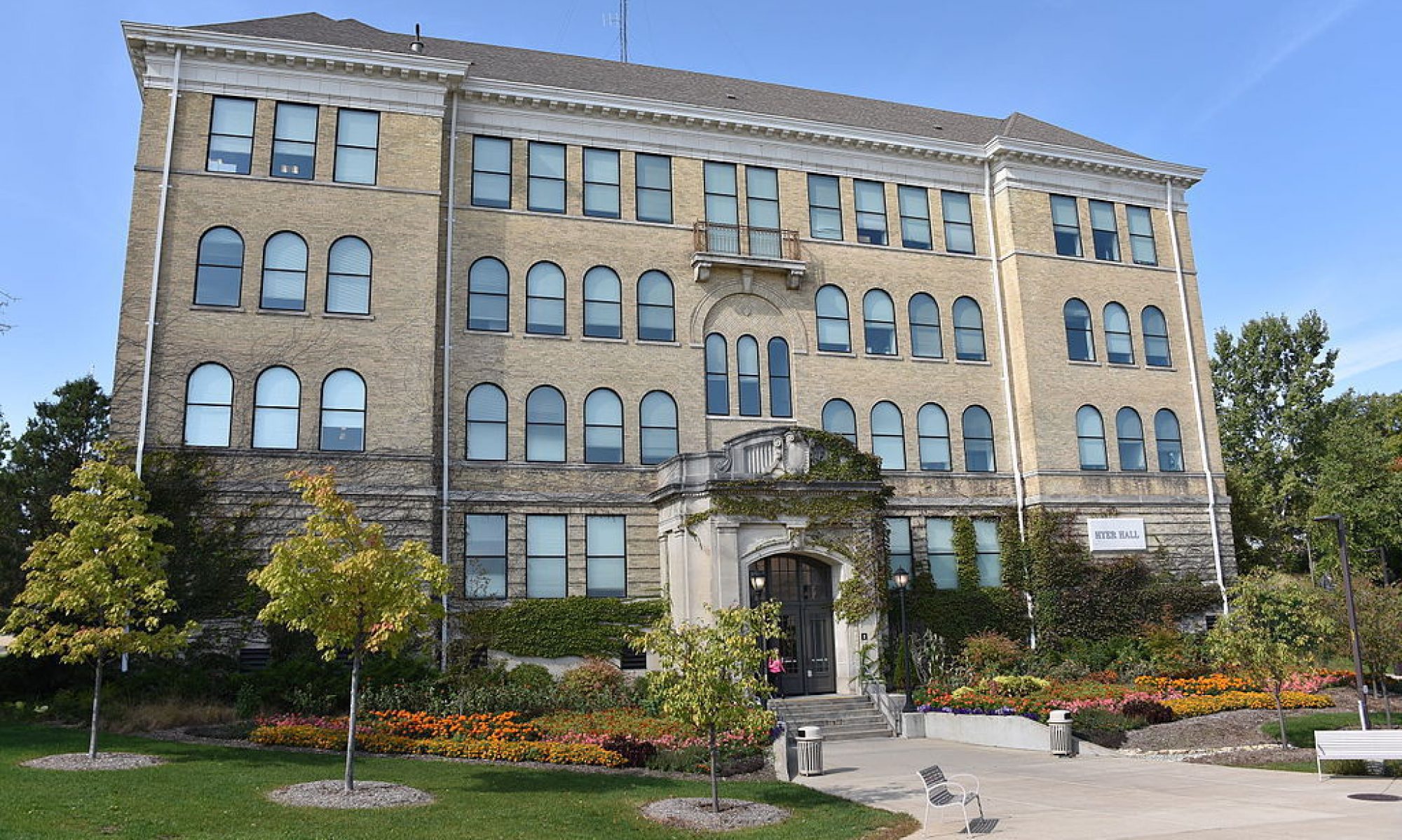
Many students need them, but misconceptions exist surrounding student loans. To make the best financial decisions, students should be aware of common student loan myths.
- Student loan debt is good debt. Potentially, it could be upon graduation and landing a job. If you leave college prior to receiving a diploma, you are still required to pay back your student loans.
- Interest on my student loans does not start to accrue until after I graduate. This may be true of federal subsidized loans, but this statement does not apply to federal unsubsidized loans and most private loans. Interest starts to accrue upon receiving the unsubsidized loan; however, the interest does not need to be paid until the student drops below half-time status or after the 6 month grace period after graduation.
- My student loans automatically renew each year. Generally, both federal and private loans are only good for one year. If loans are needed again, students should reapply each school year.
- Since I am going to be a teacher, my students loans will be forgiven. This statement applies to teachers who meet all the loan forgiveness program requirements. To qualify, teachers need to have worked full-time for five consecutive years in a designated school or service agency that serves students from low income families.
- If I can’t pay my student loans, I can file for bankruptcy. Only in rare extreme hardship cases will student loans be forgiven due to bankruptcy. The collateral on student loans is your ability to earn in the future. For this reason, even upon bankruptcy, you still have the ability to earn and the ability to pay something towards your student debt.
- My grades are not high enough to receive student loans. Federal financial aid programs do not have any initial grade requirements.
- My parents have not filed their taxes yet, therefore I cannot complete the FAFSA. Students can complete the FAFSA application using estimated tax information. When the parents eventually file their taxes, students can go back and edit the application information.
- I am responsible to pay back the student loans my parents took out for me. Ultimately, if a parent takes out the loan, the parent is responsible for repayment of the loan.
For additional resources on student loans, visit the UWW Financial LIteracy Center or schedule a free and confidential one-on-one coaching session. We look forward to working from you!
